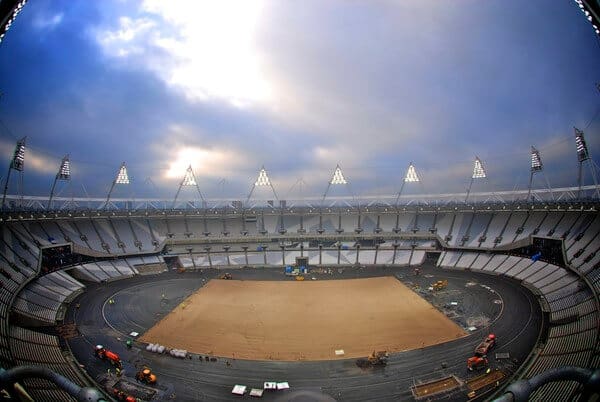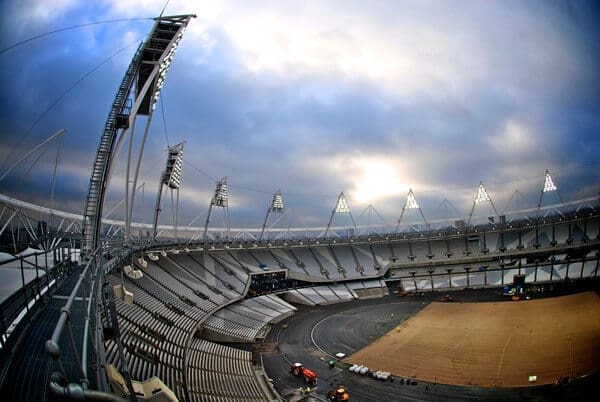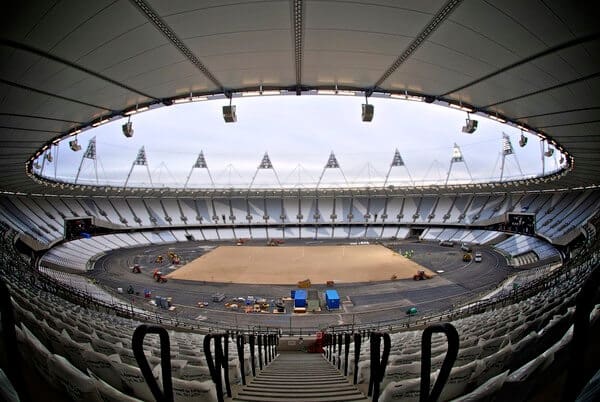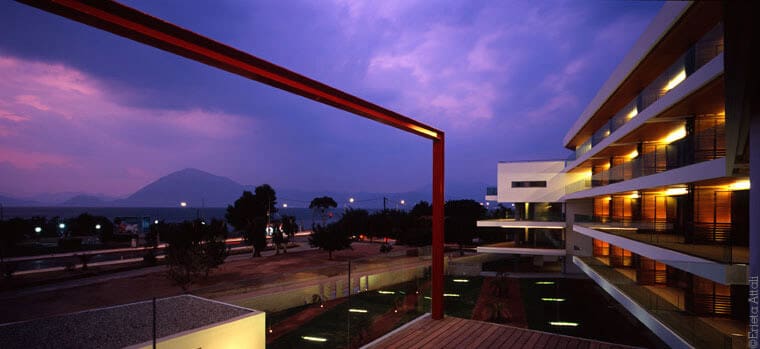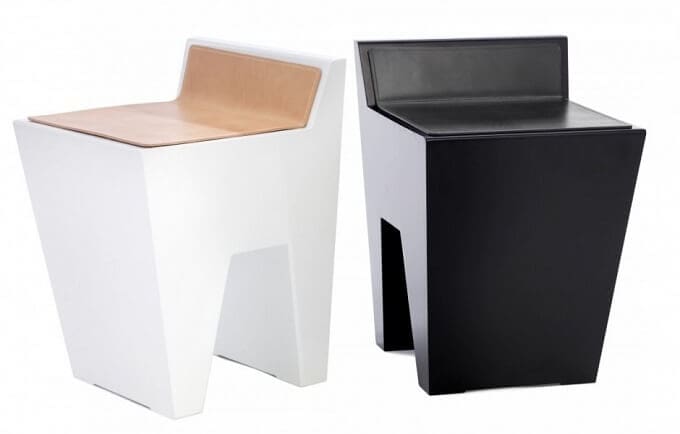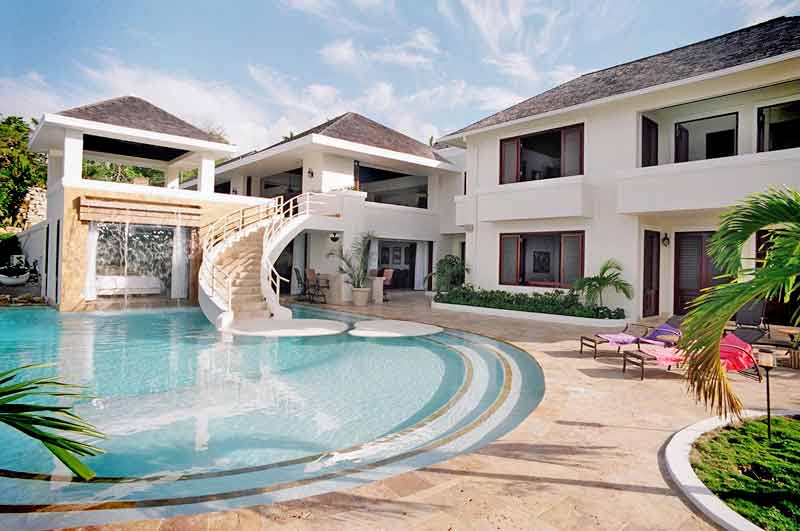Not only is gaining the opportunity to host the Olympic Games one of the greatest honours for any nation, it also provides a spotlight, and the world’s gaze will soon be focused on London. The people of the United Kingdom are well aware of this responsibility and are ready to show the world what they have to offer. With major development taking place throughout London to support the Games, there is no shortage of fresh new design talent. Despite the initial opposition to the 2012 logo, the Olympics is bringing fresh design to the capital to perfectly compliment the sport.
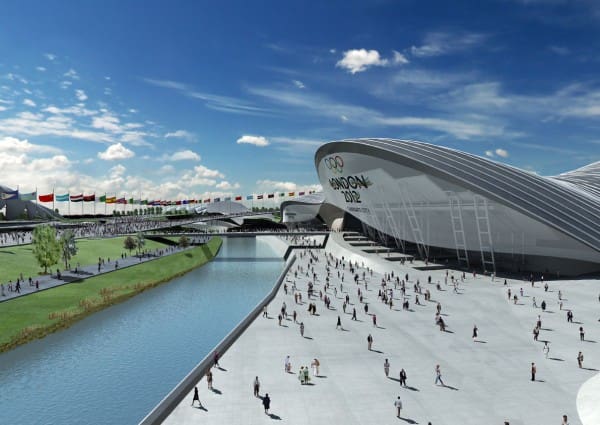
Design in the capital
There are a number of world-class projects backed by major investments; soon to be unveiled as we approach the opening ceremony of the Games. The most notable new design is Anish Kapoor and Cecil Balmond’s Orbit sculpture, which will certainly be under the world’s glare during July and August. Despite the games and Olympic village being located in East London, West London will also play a key role and will showcase England’s architectural landmarks with Wembley stadium, Lord’s Cricket Ground and the All England Lawn Tennis Club at Wimbledon. West London, more specifically Notting Hill estate agents will tell you the west has greatly benefited from the Olympics with foreign investment increasing dramatically in the last 2 years. The venues and design have certainly enhanced the already affluent areas.
Iconic Design
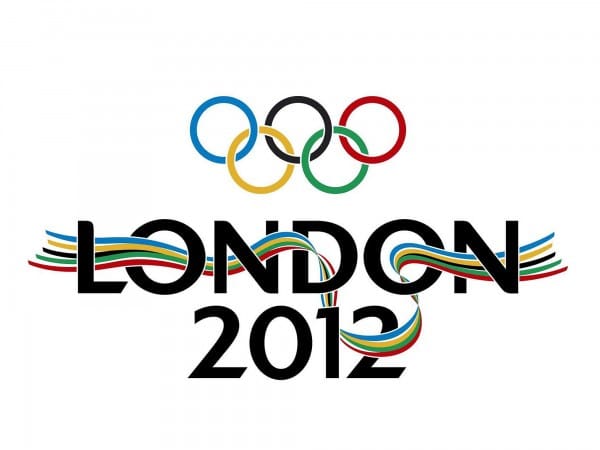
Locog has approached the 2012 Olympics with a modern and dynamic theme to the design, first shown off with the pink logo. Although some compared it to Lisa Simpson playing a saxophone, the design has grown on people, and has gone some way to vindicate the £400,000 paid to design agency Wolf Olins. The two mascots, Wenlock and Mandeville, are similar and designed to represent two drops of steel from a steelworks in Bolton.
Influence on Architecture
The area where design has had the greatest impact is in London’s new architecture, with a massive redevelopment of East London where the games will be hosted. The Olympic Village has been designed by architects Fletcher Priest, Arup and West 8 and will be home to 17,000 athletes. The apartments will then be turned over to the public and are perfectly suited to city living with spacious gardens in the centre, although the design has been criticised for being too much like the housing blocks of the 60s. The race for foreign investors and businesses to call the Olympic zone home has already begun, as many have already realised the long-term financial opportunity that Europe’s largest regeneration project has to offer. On the Greenwich Peninsula is the 02 Arena – which is already a thriving hub of bars and restaurants for the South East, opposite is located the London ExCel centre with a building designed at the cutting edge of architecture. The University College London is planning to invest in the area by creating a new campus within the Olympic zone. At the moment and for future years to come, the East End of London is set to be the most sought after place to live, work and study.
